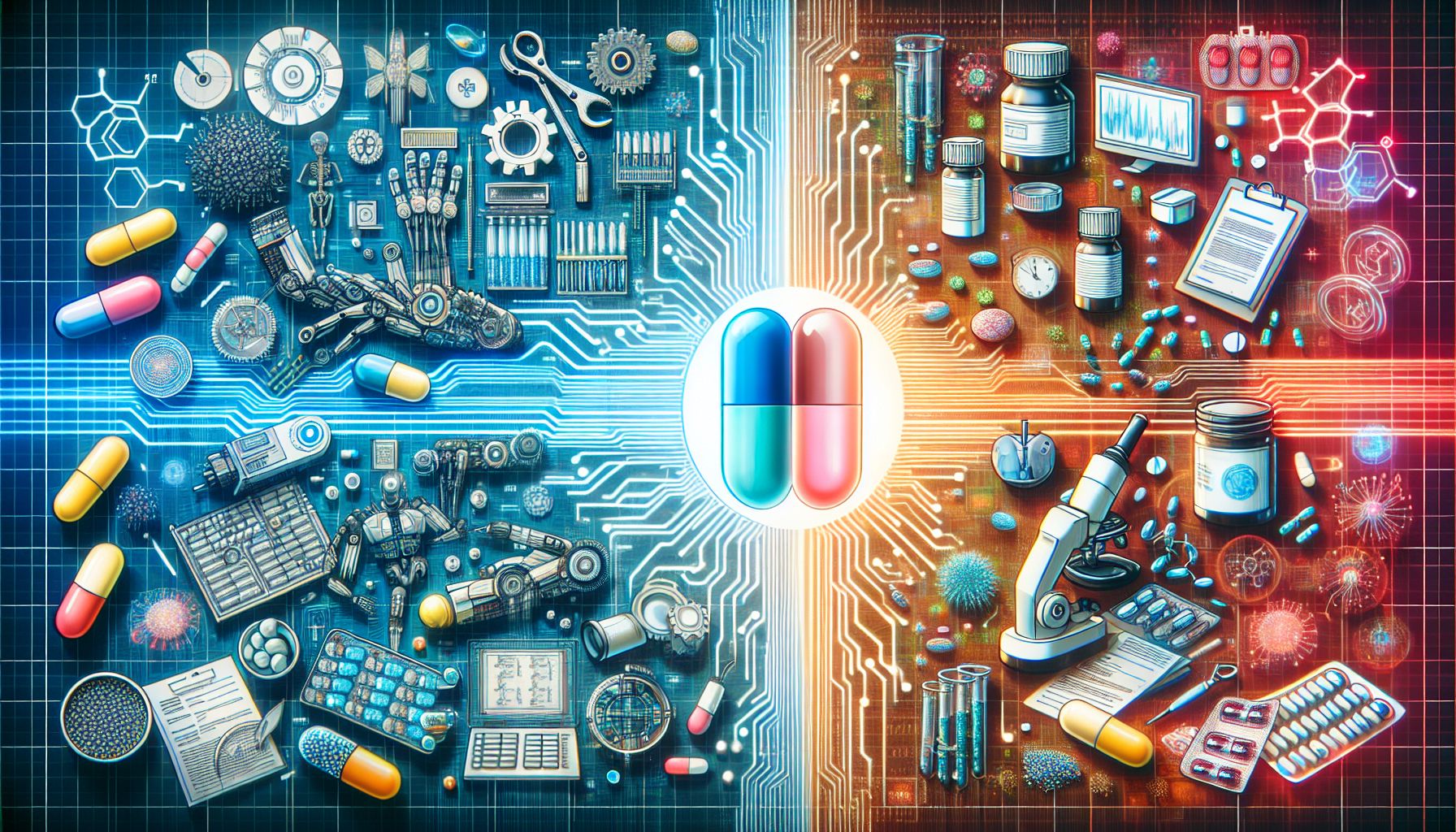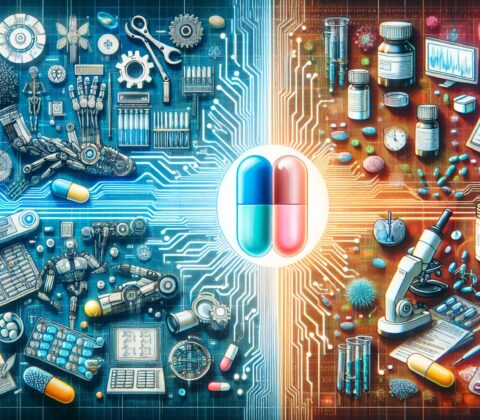

The Intersection of Technology and Pharmaceutical Products
In recent years, the intersection of technology and pharmaceutical products has revolutionized the way we approach healthcare and medicine. From personalized medicine to advanced drug discovery, technology has significantly impacted the pharmaceutical industry, leading to more effective treatments and improved patient outcomes.
One of the most significant advancements in this field is the use of artificial intelligence (AI) and machine learning algorithms in drug discovery. By analyzing vast amounts of data, these technologies can identify potential drug candidates more efficiently and accurately than traditional methods. This has led to the development of new medications for a wide range of diseases, including cancer, Alzheimer’s, and rare genetic disorders.
Additionally, technology has enabled the creation of personalized medicine, where treatments are tailored to an individual’s specific genetic makeup. This not only improves the efficacy of the medication but also reduces the risk of adverse reactions. Through genetic testing and data analysis, healthcare providers can now prescribe the most suitable treatment for each patient, leading to better outcomes and a higher quality of life.
Furthermore, advancements in wearable technology and remote monitoring devices have allowed patients to take a more active role in managing their health. From smart insulin pumps for diabetics to fitness trackers that monitor heart rate and sleep patterns, these devices provide valuable data that can help healthcare providers make more informed decisions about treatment plans. This real-time information enables early intervention and better overall health management.
In the realm of pharmaceutical manufacturing, technology has also played a crucial role in improving efficiency and drug safety. Automated systems and robotics have streamlined the production process, reducing human error and ensuring consistent quality control. Moreover, digital technologies such as blockchain are being used to track the supply chain of medications, ensuring transparency and preventing counterfeit drugs from entering the market.
Despite these advancements, the integration of technology into the pharmaceutical industry also poses challenges, such as data privacy concerns and regulatory hurdles. As technology continues to evolve, policymakers and healthcare professionals must work together to establish guidelines that protect patient information while promoting innovation and efficiency.
In conclusion, the convergence of technology and pharmaceutical products has paved the way for groundbreaking advancements in healthcare. From AI-driven drug discovery to personalized medicine and remote monitoring devices, these innovations are transforming the way we approach treatment and disease management. By harnessing the power of technology, we can improve patient outcomes, reduce healthcare costs, and ultimately enhance the quality of care for all.
Comments are Disabled